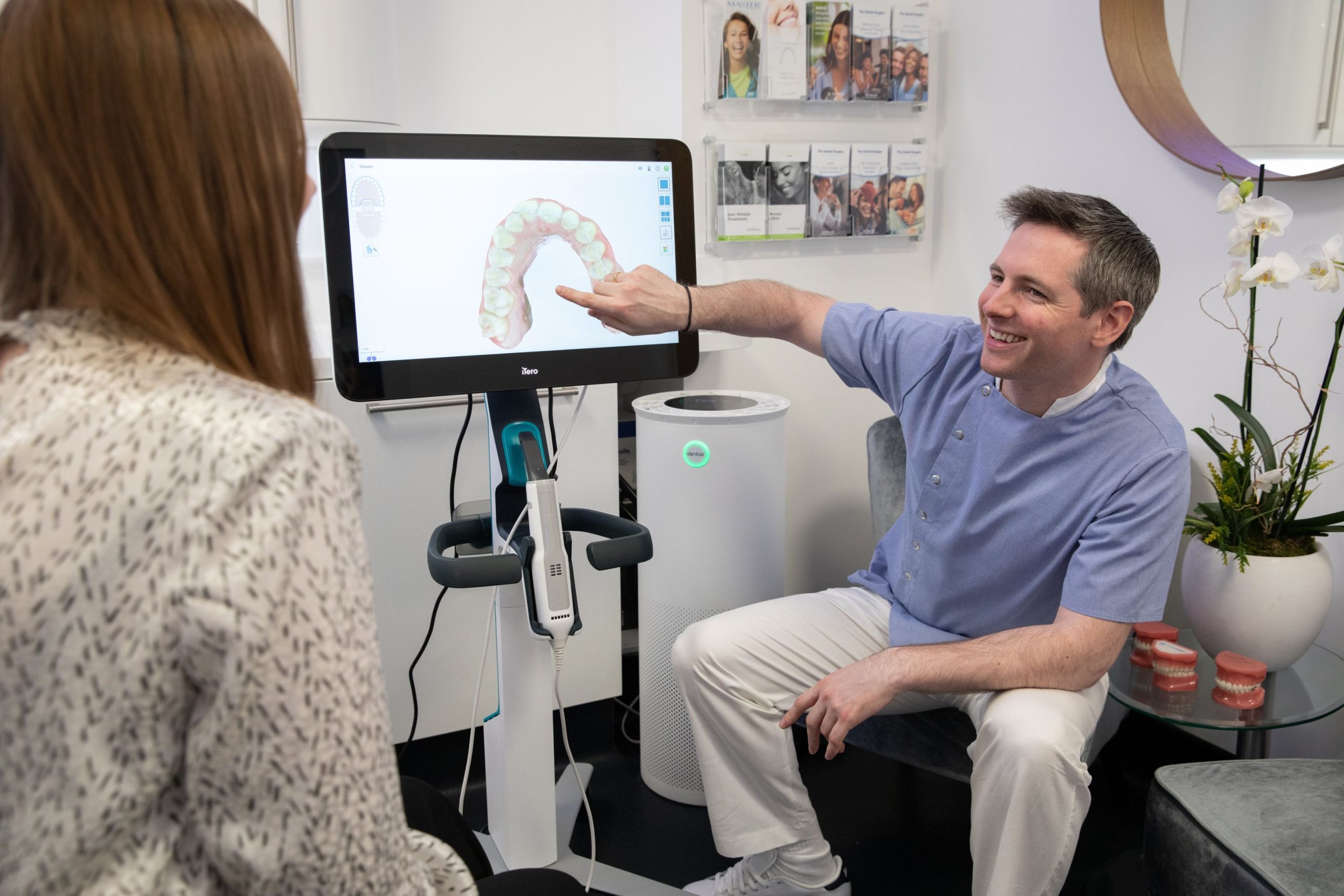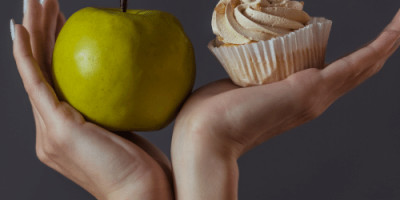- Categorised as:
- Dental Hygiene
- General Dentistry
- Periodontics
8 Foods That Can Cause Bad Breath
Bad breath is a common problem for many adults often affecting their self-confidence and how they engage in conversations or interact with friends, colleagues and family.
On occasion, bad breath can be a sign of a more serious health problem. Ranging from Gingivitis – treatable gum problems, through to the more serious Periodontitis, fully fledged gum disease that leads to erosion of bone.
In a previous post (see here) we looked at what causes bad breath with dietary choices topping the list. Below are some of the foods that can be the cause of bad breath, those that have a positive impact on breath and a few tips on how to negate the impact of problematic parts of your diet.
1. Tea And Coffee
Some foods dehydrate the mouth which feeds the bacteria that causes bad breath. Unfortunately, it might be hard to completely avoid these foods – they can all be part of a healthy diet and many also add flavour to food. A diet that is perfect for your breath might not do much for the taste buds.
Tea and coffee both serve to dry out the mouth, reducing saliva, and they also have a strong, lingering smell in their own right. In Britain we drink 165 million cups of tea a day, enough to fill about 20 Olympic swimming pools!
Eradicating both from your diet would reduce the risk of bad breath, but the cull might not do much for your morning routine. Follow your morning cuppa with a glass of water – helping to rinse the mouth and also replenish moisture levels.
2. Alcohol
Drinks that cause the worst smells are those high in sulphites – enter alcohol. Alcohol has a noticeable dehydrating effect, creating the perfect environment for bad bacteria to linger and thrive.
As with tea and coffee, drinking water can be beneficial, so too limiting alcohol intake where possible.
3. Garlic
Garlic does so much to make food taste better, adding depth of flavour to curries, pasta sauces and more; and yet it also is a constant cause of bad breath.
The smells from garlic linger and so it can impact breath long after you’ve eaten any meal it was contained within – indeed, garlic lingers to the extent that it can enter the bloodstream and exit through the lungs, which is why people sometimes have the feeling they are tasting garlic days after eating.
4. Protein
By now you might be sensing that an Italian meal of Spaghetti Bolognese, washed down with coffee and wine is a bad choice for breath…
Protein doesn’t necessarily have a smell itself, but it can lead to processes that create bad breath.
If you have too much protein and a high proportion of protein relative to fat and carbohydrate, the body will use this protein for energy. The body’s way of using protein for fuel is called ketosis and the bi-product, ketones, have a pungent smell that cannot be masked by brushing or flossing.
Depending on other dietary needs, it might not be practical or healthy to reduce your protein intake – certainly you should not prioritise breath over other aspects of health.
Increasing your water intake can help remedy the impact of a diet high in protein.
5. Onions
Onions are high in sulphurous compounds, when these compounds enter the bloodstream they lead to bad breath that comes from both the mouth and the lungs, this is why rigorous efforts to clean the mouth sometimes only tackle half the problem.
6. Canned Fish
Fish from a can might be a quick and easy lunch, but it is a meal choice that will most likely lead to bad breath.
Whilst in the can, the fish begins to oxidise and this creates the odour; this a smell that then clings to the mouth long after that lunch time snack.
7. Sugar
Sugar is the perfect fuel for bad breath causing bacteria. Those looking to tackle bad breath often chew gum as a way to keep the mouth moist – this only works if the gum is sugar free; otherwise you’re simply feeding the bacteria!
8. Acidic foods
Fruits and vegetables that are highly acidic also create an environment those harmful bacteria love to exploit – this includes sauerkraut, tomatoes, blueberries and grapes.
Fruit and veg are essential to a healthy diet, and yet when these contain acid they can wreak havoc on oral health.
This highlights a key problem, the diet that is perfect for the mouth might not be perfect for overall health – it would be lacking in certain food stuffs and not delivering the balanced diet required.
4 Foods That Can Fight Bad Breath
Herbs
Parsley, basil and mint all contain oils that can temporarily mask other less enjoyable odours.
Apples
If you can swap out acidic fruits for apples, then you’re going to be greatly reducing the risk of bad breath.
Apples can break down the compounds that lead to bad breath, they are essentially a natural mouth cleaner.
Melons are also a superb fruit option as they are high in vitamin C which not only keeps bacteria in check but also helps fight gum disease and gingivitis.
Greens
Spinach helps neutralise internal PH levels and so counteract bad breath.
As well as spinach, kale, lettuce and cabbage can also all be foods that help in the fight against bad breath.
Water
Drinking water helps to keep the mouth hydrated and saliva levels up, denying the bacteria of the dry mouth in which they thrive.
Water also washes away traces of food which can cause bad smells.
How To Avoid Bad Breath
It is impractical to follow a diet that contains no foods capable of causing bad breath. But some simple tactics can help you avoid bad breath.
• Be aware of the problem foods. Pair those that may cause bad breath with those that counteract them – grabbing an apple after your morning coffee.
• Drink water, often.
• Have sugar free gum handy. Chewing gum helps to keep saliva levels up, but if the gum contains sugar you will also be feeding the bacteria.
Get persistent bad breath checked out by a dentist and your teeth regularly cleaned by your dental hygienist. Dentists see many patients who suffer from bad and they can check whether it is a symptom of something more troublesome than simply your diet. If bad breath is an indicator of gum problems, you want to act promptly to avoid the problem worsening, potentially into damaging periodontitis. A dental hygienist will not only help you in treating your bad breath, but equip you with tools and techniques to improve this while away from their chair.
Do you have a specific question?
Get in touch with us today.



